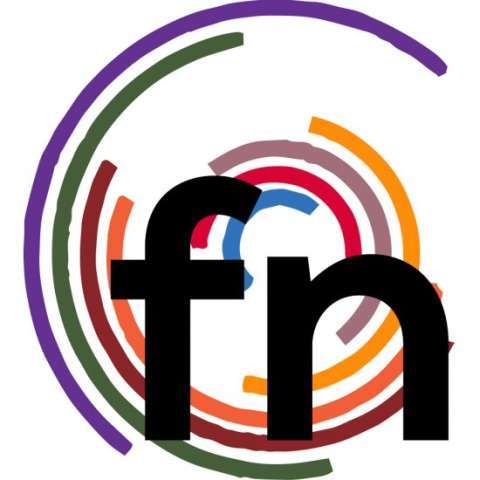Jarrett Bachman & Collin O'Berry of Looking Glass Strategic Research Consultants in Asheville, NC
 Qualitative (descriptive) data can come from many different sources and is beneficial in many ways. Comments & feedback from attendees, vendors and volunteers, examining foot traffic patterns through the festival grounds, and assessments of festival signage & layout are all great examples of qualitative data. Often, this data is overlooked in lieu of traditional quantitative measures, such as economic spending, marketing effectiveness, and event satisfaction data. Although traditional quantitative measures are extremely useful to festival organizers, qualitative measures prove just as beneficial to their productions. But why bother with collecting qualitative data?
Qualitative (descriptive) data can come from many different sources and is beneficial in many ways. Comments & feedback from attendees, vendors and volunteers, examining foot traffic patterns through the festival grounds, and assessments of festival signage & layout are all great examples of qualitative data. Often, this data is overlooked in lieu of traditional quantitative measures, such as economic spending, marketing effectiveness, and event satisfaction data. Although traditional quantitative measures are extremely useful to festival organizers, qualitative measures prove just as beneficial to their productions. But why bother with collecting qualitative data?
_______________
1. Your attendees are diverse and (mostly) intelligent. Listen to them!
Overall, your event attendees are people who come from diverse backgrounds and work skilled jobs in a wide variety of fields. While they may not be experts at planning & executing events, their area of professional expertise can offer relevant viewpoints that can be applied to your decision-making processes. Additionally, your patrons most likely attend other events throughout the year, so they are able to provide unique insight into other successful production ideas they have experienced elsewhere. Capturing comments pertaining to their individual experiences & mindsets can prove to be quite meaningful.
2. Many festival & event attendees differ greatly from the organizational staff.
Known as groupthink in psychology, members of an organizational & planning committee have a tendency to agree with each other and create harmony within the group. They also have a tendency to think alike and may not consider a broader range of viewpoints or options. Typically, event attendees have little bias or in some cases different biases. They come to the festival with a different set of expectations and are able to comment in ways that perhaps you were not considering.
Read more here!


